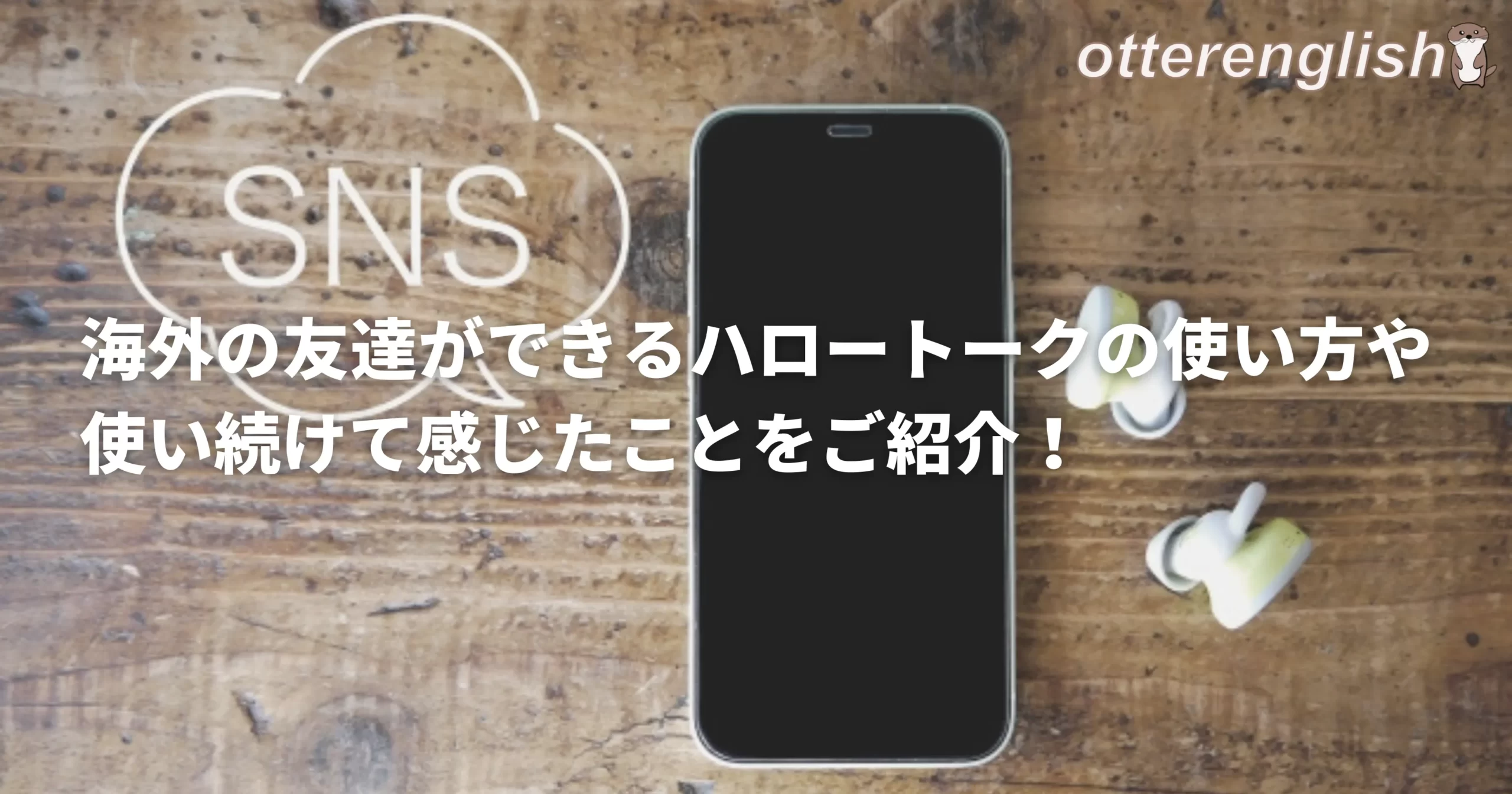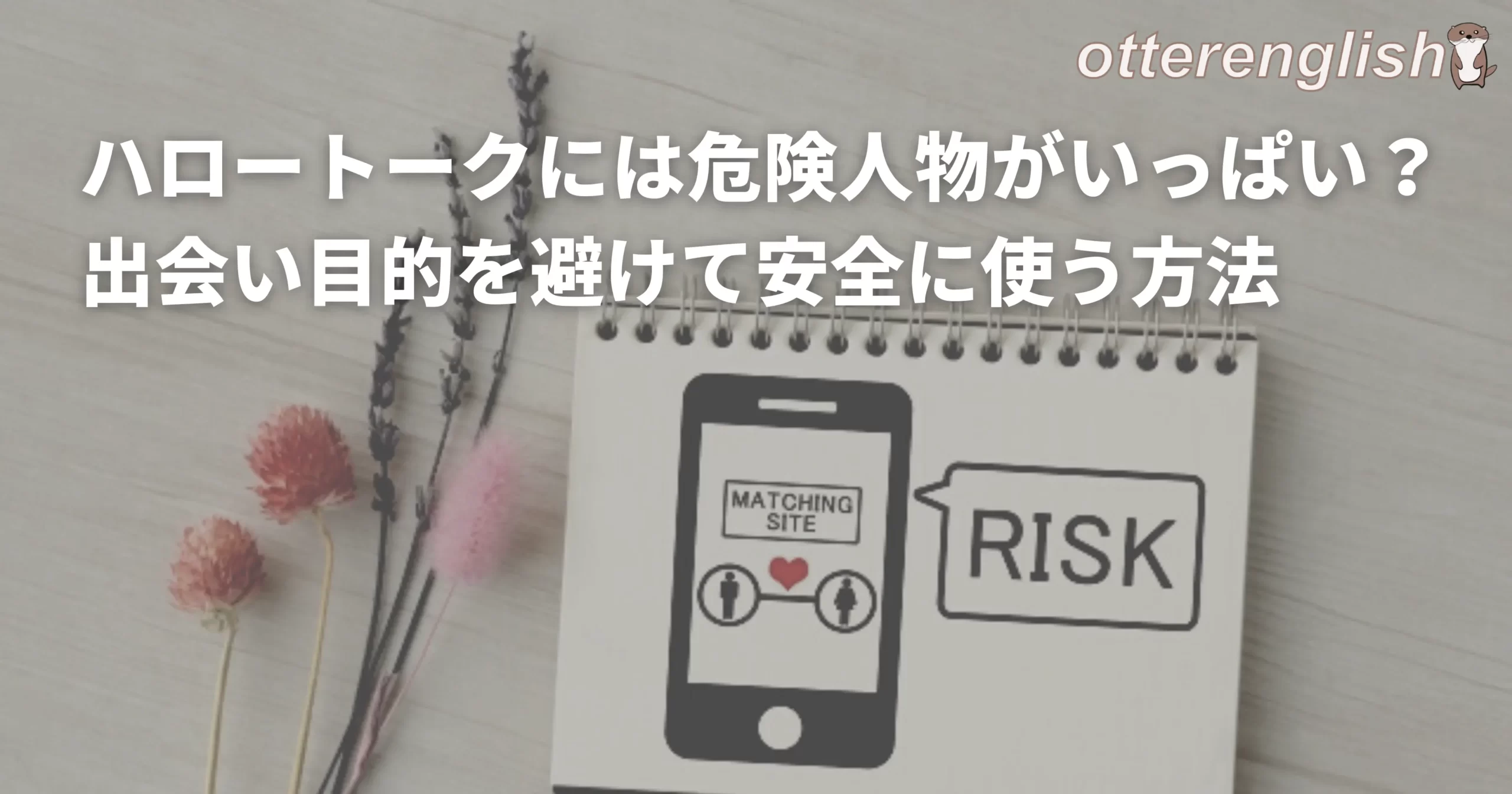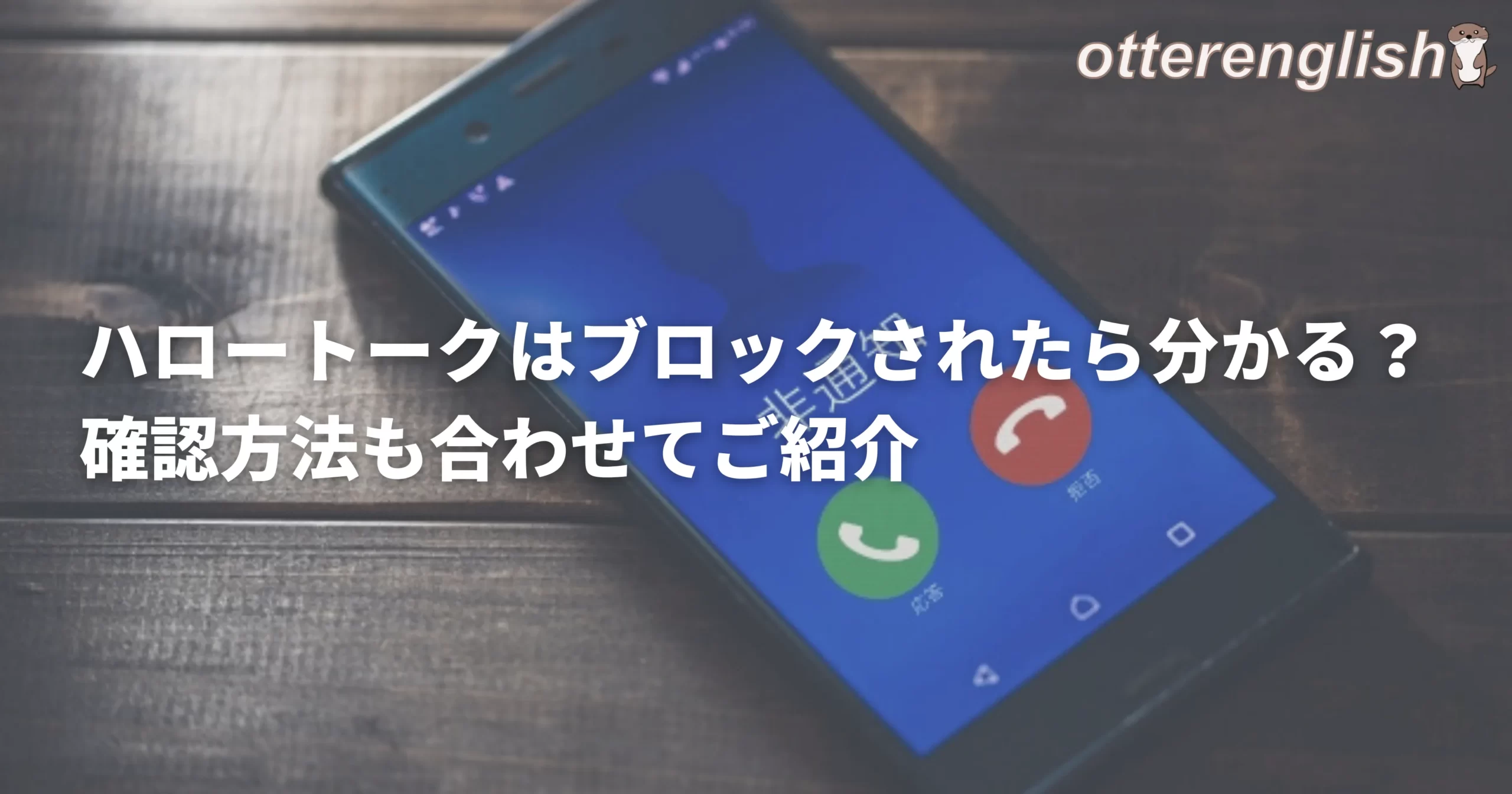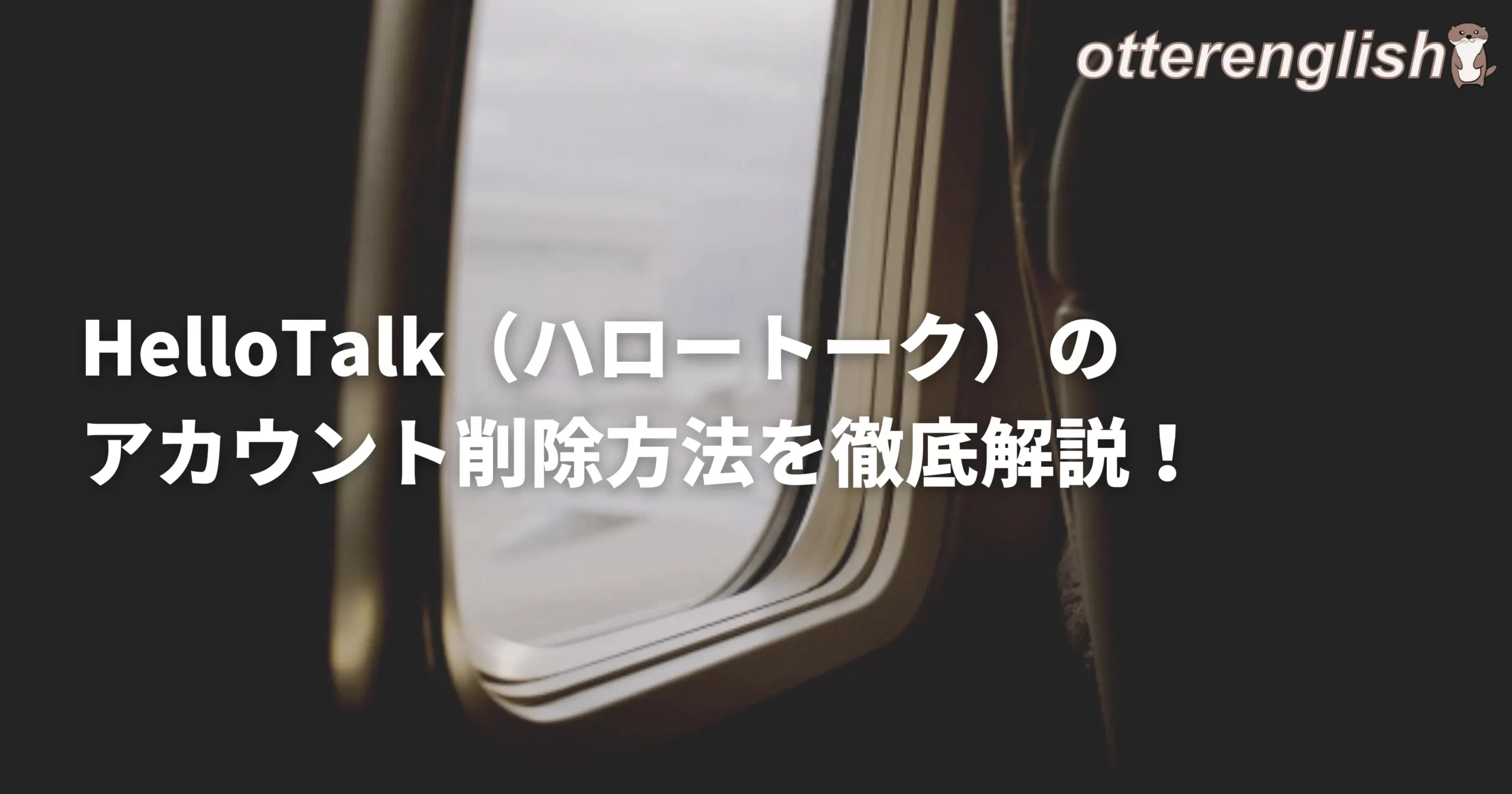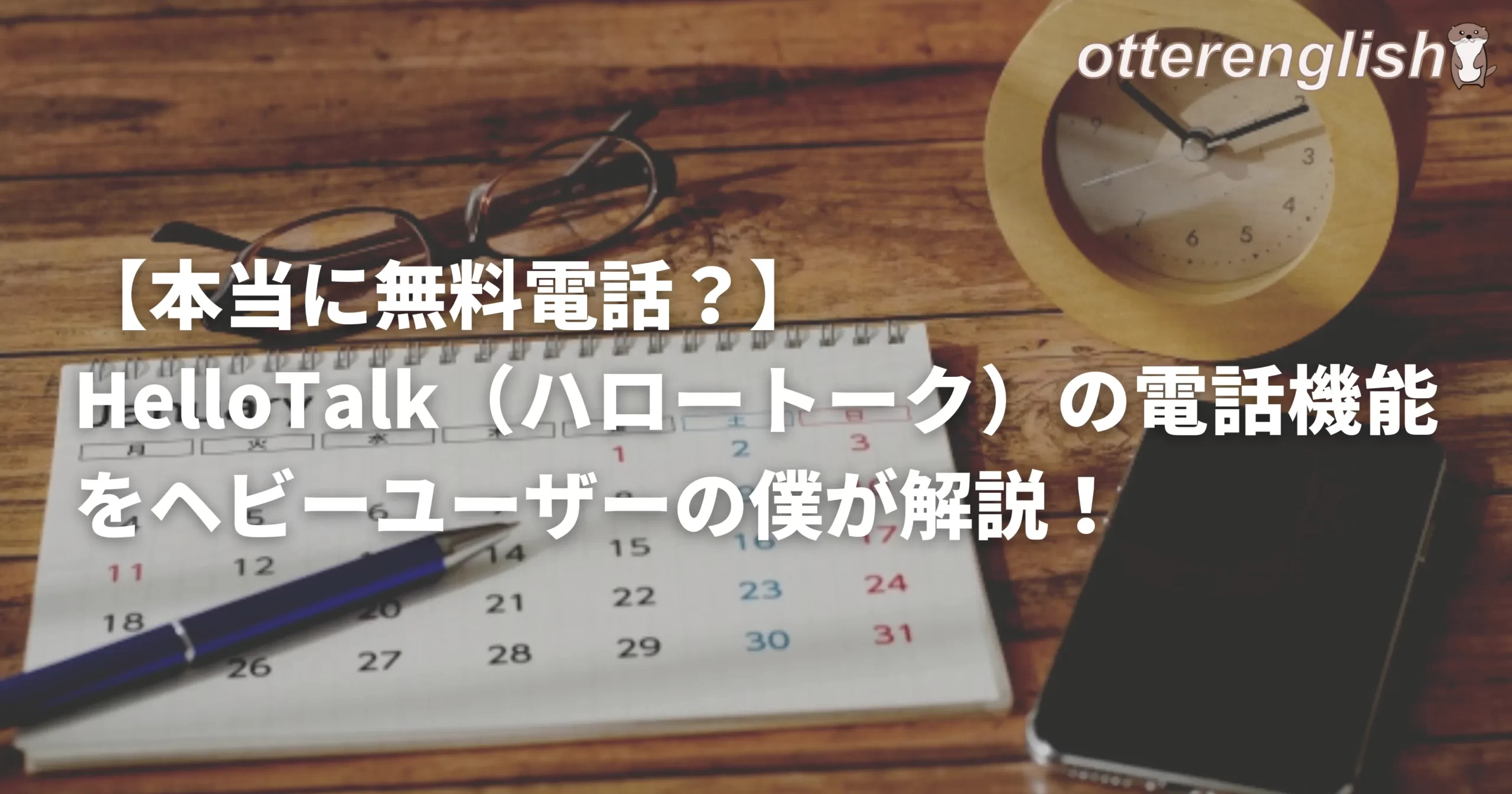初めまして = Nice to meet you.
Hiragana: はじめまして
Romanized: Hajimemashite.
If you meet somebody for the first time, you can use this expression before starting the conversation. You can use this phrase whether you are in a formal or informal situation.
You cannot say it when you meet somebody who you already met. Otherwise, somebody starts to think “I am forgotten”.
私の名前は○○です。() = My name is ○○. or I’m ○○.
Hiragana: わたしのなまえは○○です。
Romanized: Watashinonamaeha○○desu.
You can use this phrase when you want to tell somebody about your name in a formal situation. If you want to be more casual, you can just say 私は○○(わたしは○○).
名字(みょうじ) is your family name, but 名前(なまえ) can be both your full name or your first name depends on the situation. You must find 氏名 or 姓名 in the documents from time to time. In this case, 氏 or 姓 mean your family name, and the other express your first name(名).
△△から来ました。() = I am from △△.
Hiragana: △△からきました。
Romanized: △△kara kimashita.
This expression is normally used to say where you are from. Make sure you can use this expression only in the situation you visit a different country. If you use this phrase on the phone while you are in your county, it sounds a bit weird. Instead, you would better say △△出身(しゅっしん)です. Of course, you can say △△から来ました。when you meet somebody in person. △△出身です is also good though. Casually, you can just say △△出身だよ, △△出身, and △△から来たよ.
よろしくお願いします。 = Nice to meet you.
Hiragana:よろしくおねがいします。
Romanized: Yoroshikuonegaishimasu.
We don’t have an exact translation of this Japanese expression in English. When I searched for how to translate this phrase into English, it contains “Nice to meet you”. “Nice to meet you” means both 初めまして and よろしくお願いします. In a casual conversation, you can just say よろしく. In case the phrase “初めまして”. It can be used in a casual situation and a formal situation.
Example sentences
Case 1: If you meet somebody for the first time in person and they have a high status like a boss, the teacher and so forth.
はじめまして。わたしのなまえは○○です。△△からきました。よろしくおねがいします。
ーHajimemashite. Watashi no namae wa ○○ desu. △△ Kara kimashita. Yoroshiku onegai shimasu.
Case 2: If you call somebody for the first time and they have a high status like a boss, the teacher and so forth.
はじめまして。わたしは○○です。△△しゅっしんです。よろしくおねがいします。
ーHajimemashite. Watashi wa ○○ desu. △△ Shusshin desu. Yoroshiku onegai shimasu.
Case 3: If you meet somebody for the first time in person and they are not your boss or something like that.
はじめまして。わたしのなまえは○○。△△からきたよ。よろしく。
ーHajimemashite. Watashi no namae wa ○○. △△ Kara kita yo. Yoroshiku.
Case 4: If you call somebody for the first time and they are not your boss or something like that.
はじめまして。わたしのなまえは○○。△△しゅっしんだよ。よろしく。
ーHajimemashite. Watashi no namae wa ○○. △△ Shiyusshin dayo. Yoroshiku.
I introduced some basic phrases that you can use when you meet somebody for the first time. I put a phrase that can be used to introduce yourself over the phone, so why don’t you use it in the next phone call.
Thank you for reading my article, and I am sorry if you find some mistakes.
When it comes to finding unclear expressions on this page, just reach me by Twitter or Instagram.
Like if you like this article!
